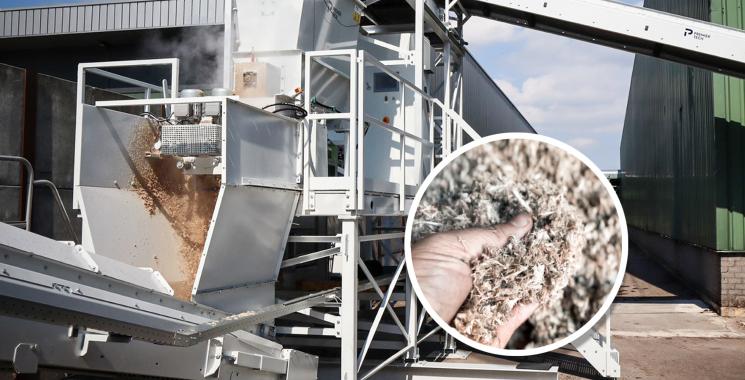University of Plymouth study misleads on value of biodegradable and compostable plastics
The Australian Organics Recycling Association and the Australasian Bioplastics Association fully endorse the statements from European Bioplastics.
Media contact in Australia for AORA and ABA:
Rowan Williams, Regional Market Development Manager, Asia Pacific, Biopolymers ecoflex® & ecovio®, BASF Australia Ltd
Mobile: +61 418 316 770
Email: rowan.williams@basf.com
https://www.bioplastics.org.au/
Press Release Europe Bioplastics
(full PDF attached below)
REDUCTION OF SINGLE-USE PLASTICS NEEDS TO TIE IN WITH CIRCULAR ECONOMY ACTIONS AND CONSUMPTION REALITIES IN EUROPE
Berlin, 24 October 2018. The European Parliament approved today its report on the draft Directive on Marine Pollution and Single-use Plastics. “European Bioplastics fully supports
the transition from a linear to a circular economy. Bioplastics enable more sustainable solutions for a range of products“, says François de Bie, Chairman of European Bioplastics
(EUBP).“We agree on the importance of reducing single-use plastic products where feasible, but hygiene and food safety cannot be compromised. With regard to some of the concerned single-use products – such as e.g. plates and cutlery –, biodegradable certified compostable plastics provide an organically recyclable alternative“. EUBP considers the Parliament’s decision to restrict the use of single-use cutlery and plates as not sufficiently considering the reality of food consumption in Europe. In certain closed-loop contexts, such as canteens, air travel, or sport and music events, these are an indispensable and efficient solution to guarantee safety and hygiene for food and drinks while ensuring at the same time waste collection and recycling. Biodegradable certified compostable plastics fulfil Europe’s rigorous requirements and standards for health and safety and can be recycled organically together with the food waste. EUBP fully supports the Parliament’s suggestion to restrict products made from oxo-degradable plastics, which is in line with earlier statements by the Parliament and the European Commission in the context of the EU Plastics Strategy. Concerning biodegradability in the marine environment, EUBP stresses that it is an interesting property. However, it needs to be clearly defined for which materials, products and under which circumstances this property is of added value. Improving waste management on land and building efficient mechanical and organic recycling infrastructures across Europe remain a priority when it comes to fighting marine pollution. EUBP looks forward to further constructive discussions with the European Commission, the Parliament, and the Council during the upcoming trilogues in order to realise a truly sustainable, no-litter, circular economy for Europe.
European Bioplastics (EUBP) is the European association representing the interests of the bioplastics industry along the entire value chain. Its members produce, refine and distribute bioplastics i.e. plastics that are bio-based, biodegradable, or both. More information is available at www.european-bioplastics.org
UPDATE 09 May 2019:
The University has published a correction on the original article.
